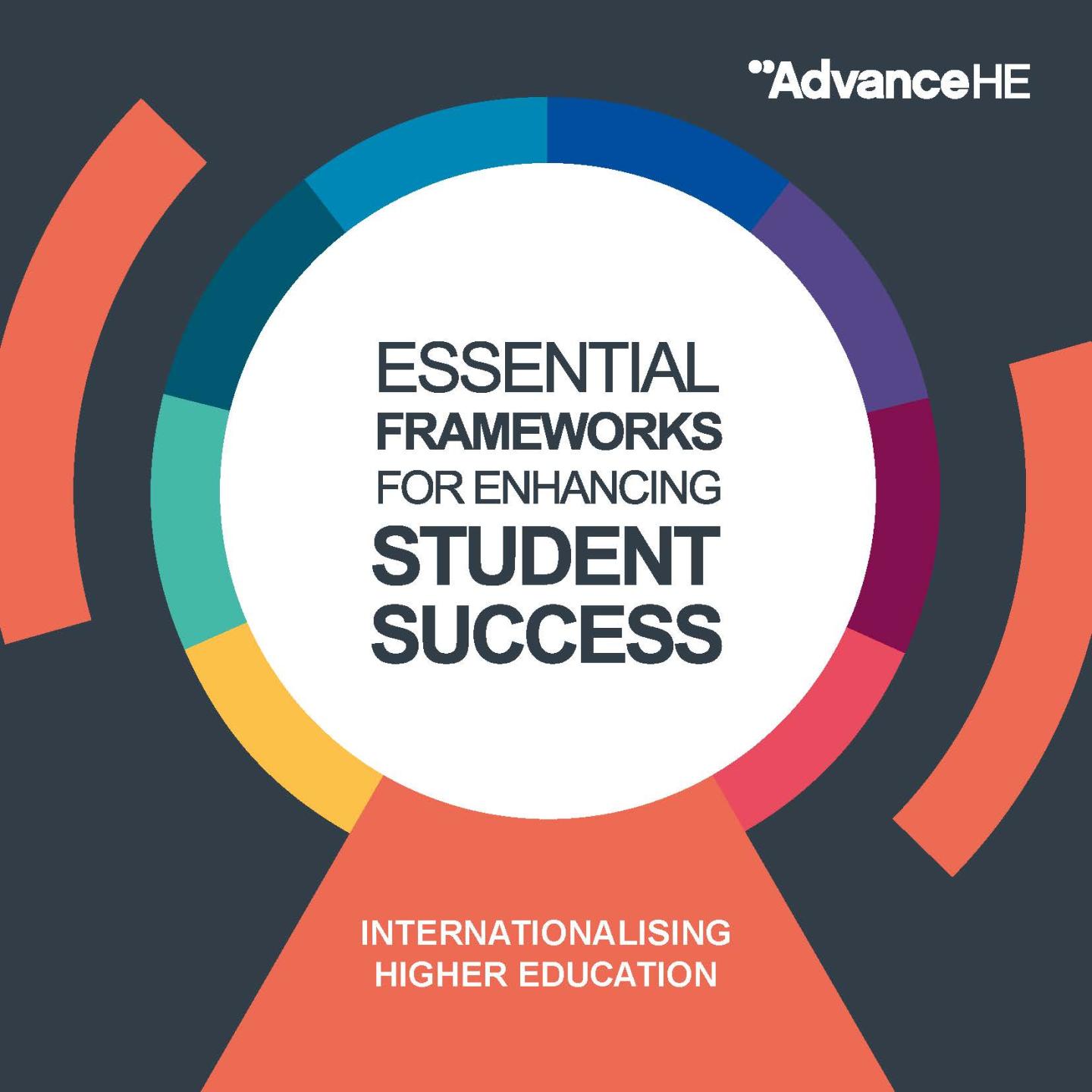
Internationalising HE is a transformative and continual process of sector-wide concern. Learning, teaching and research, and the interconnections between them are centrally important.
Promoting a high quality, equitable and global learning experience can help prepare graduates to live in and contribute responsibly to a globally interconnected society. Everyone within HE can make a valuable contribution to the process of internationalisation, working in collaboration as an international academic community. Individuals bring a plurality of identities, cultures, languages and experiences that can enrich and enhance learning, teaching and research. Thus, responsibility for internationalising HE is shared among organisations, individuals and curriculum.
Framework for Internationalising Higher Education
Internationalising higher education (HE) is an ongoing, institution-wide commitment to fostering a globally aware and inclusive learning environment. This process encompasses all aspects of HE, from teaching and learning to research and collaboration. Internationalisation benefits all HE students, regardless of their location, background, discipline, or mode of study.
This framework is intended for all those within HE and beyond, encompassing those who contribute to and can benefit from an internationalised sector. Its principal audiences are organisations (e.g. HE providers, agencies, bodies and employers) and individuals (e.g. staff, students and employees).

Have you identified this as a key strategic priority?
Advance HE has been supporting higher education sectors across the globe to develop their transnational education (TNE), in partnership with institutions across borders and the development and quality of overseas campuses.
We co-design programmes of work with education ministries, sector organisations and individual institutions to support their internationalisation goals. We can review barriers and drivers to success, convene partnerships and develop roadmaps for TNE development.
Key Advance HE Research
- Internationalising the curriculum: a developmental resource for initiating transformational change
- Understanding unintentional plagiarism and international students' approaches to academic reading
- Enhancing student learning and teacher development in transnational education
- Going mobile: Internationalisation, mobility and the European higher education area